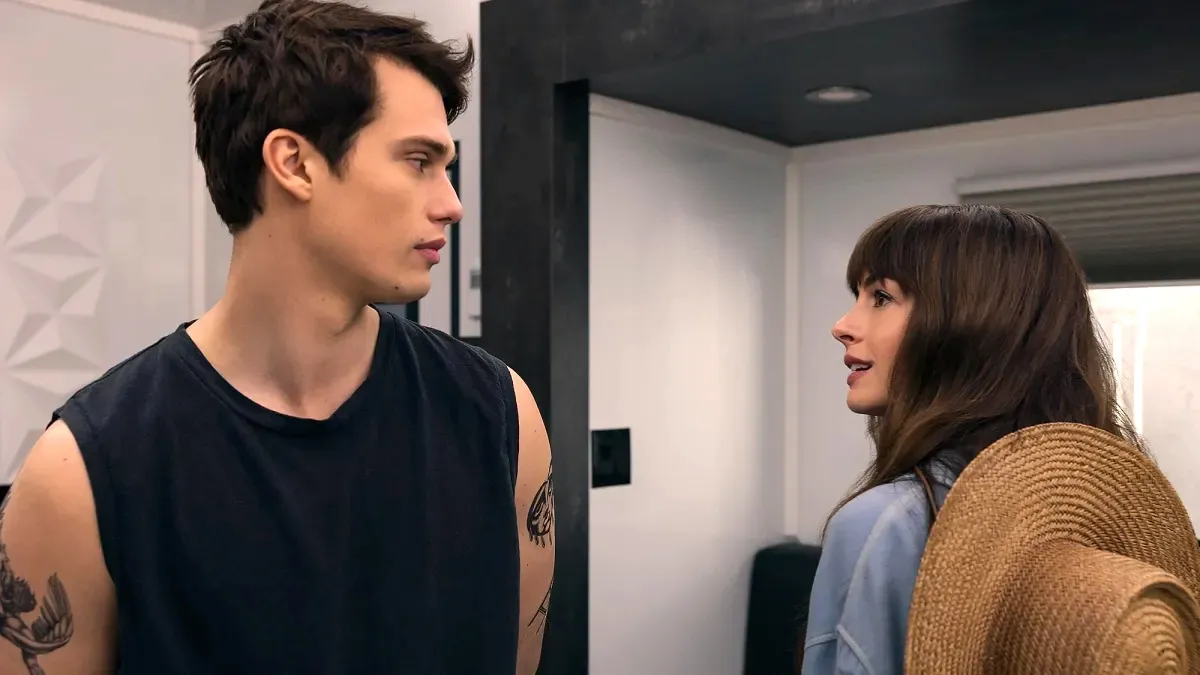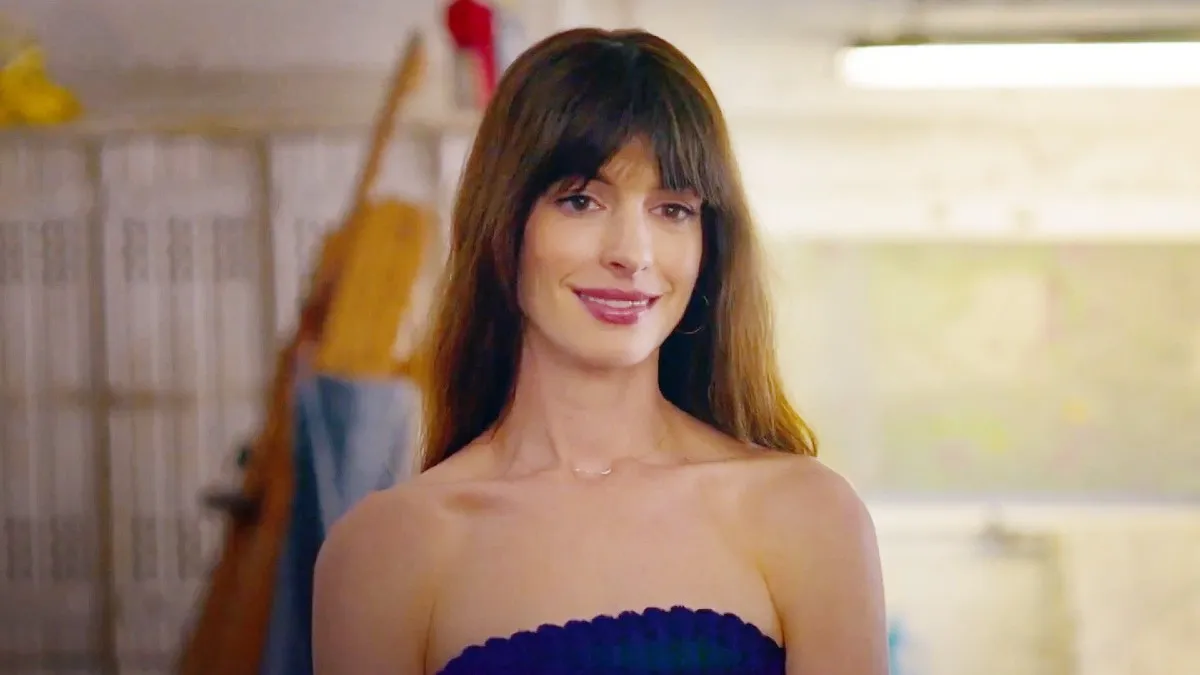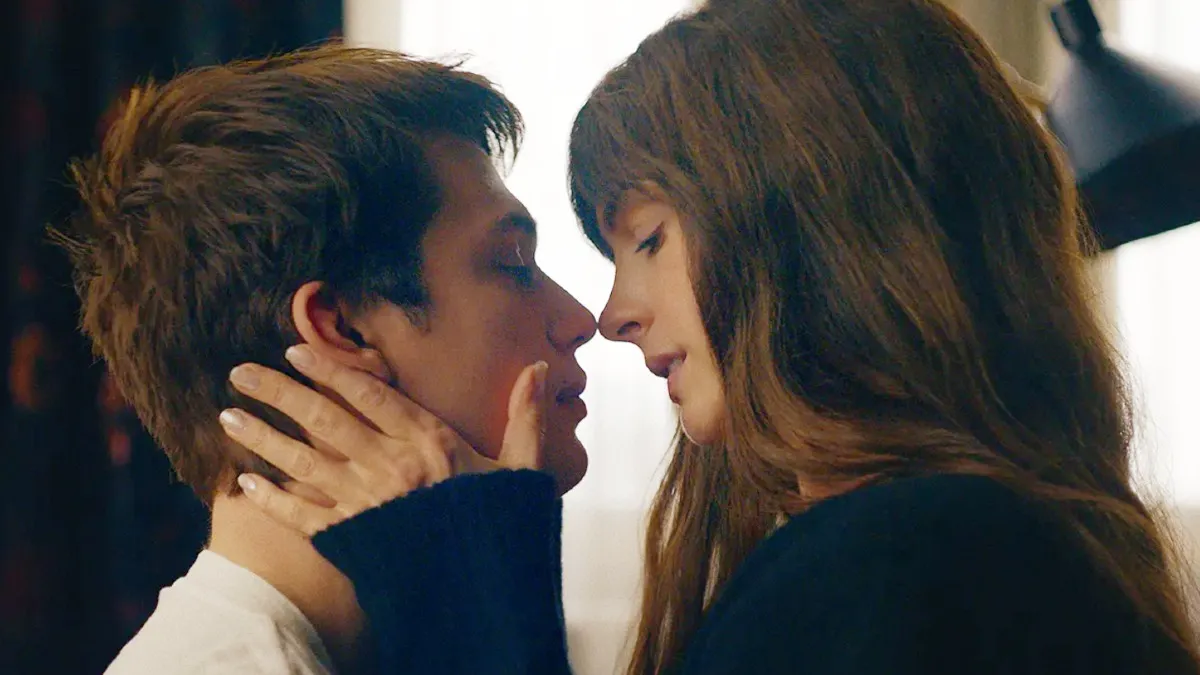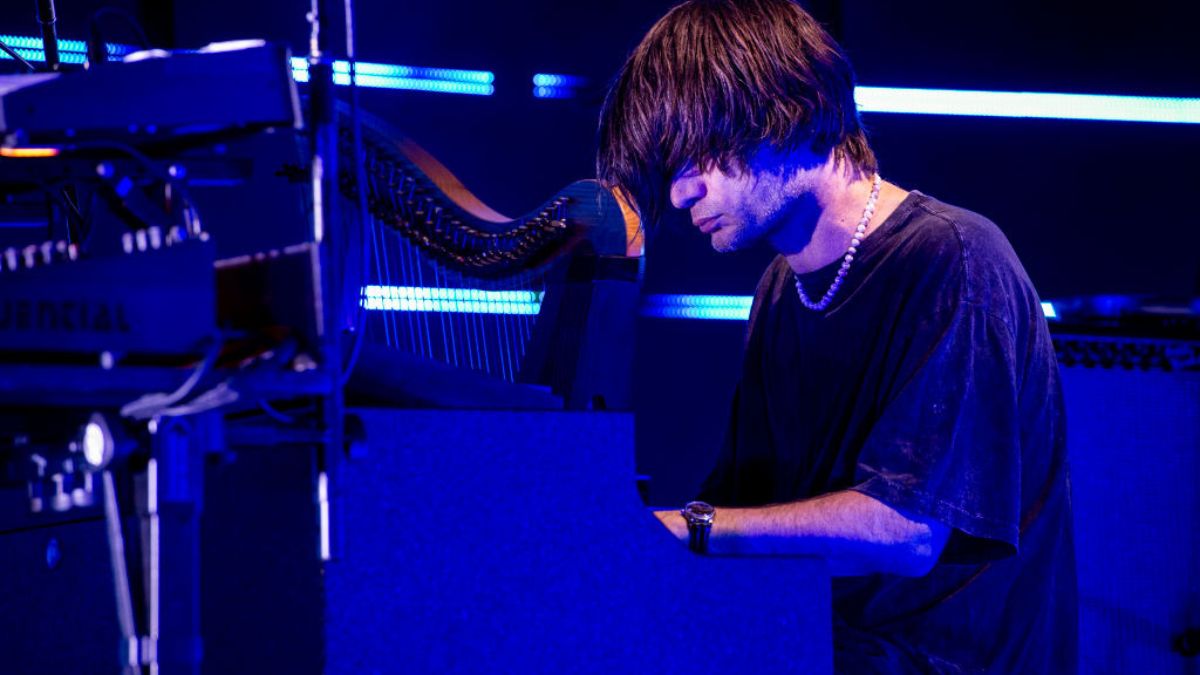Ever played through all the levels of Candy Crush, winning on the first try and getting these special candies without cursing your very existence? Never happens, right? Because that would be a fairytale come true — which is exactly what The Idea of You tries to sell, aided by the exceptional Anne Hathaway, and rising star (who is practically everywhere these days) Nicholas Galatzine.
Does The Idea of You succeed? You can bet that giant burger I gobbled (while pining [read: whining] “Where, God, WHERE is my fan story-turned-real-life true love story?”) that it does.
Had anyone tried to narrate the movie’s plot to me beforehand, I would’ve found it an overly-sweet, exceptionally lucky fairytale-style romance, one that would barely gain enough momentum to break free of a congested crowd of After films, not to mention the likes of Ella Enchanted — which starred Hathaway herself. But on-screen, it more than works. Why? Because The Idea of You balances self-awareness and fantasy with surprising ease, softness, and a lot of heart.
And of course, it doesn’t hurt that we all dream of living the life Hathaway’s Solène gets, which is almost relatable on many levels — until it isn’t.
Solène is a 40-year-old single mom with a 17-year-old daughter, Izzy, an ex-husband who is a sleazeball and moron rolled into one, great friends who poke into her life while being understanding, and a quietly flourishing career as an art dealer. Her 20s disappeared into marriage and motherhood, and now, life has adhered to set patterns that she is afraid to disturb.

Then at the Coachella Festival, Solène accidentally ventures into the trailer of 24-year-old boy-bander Hayes Campbell (Galitzine) — a fortuitous misstep which, in the real world, would be next to impossible, and if you do manage to sneak in somehow, celeb-trailer shenanigans will earn you a security-escorted ticket out of the event. Her accidental encounter gives Solène the chance to taste the freedom of youth, the missed adventures, and above all, true love. After hesitating, then making out with Hayes, hesitating again, then making out some more, Solène travels across the world with the young rocker while lying to her daughter, and hiding her happiness as a badge of shame.
This is where the relatability angle comes in. Solène embraces her sexuality, refusing to accept the societal verdict that demands a woman, especially one in her 40s, to forget to live life and just stick to what others expect from her. But even as she dares to break her shackles as a woman, she can’t make herself do so as a mother, not when it affects her daughter.
And this is where the fairytale slides in. With all its story-building and plot arcs to make a made-up story feel plausible, the need to wrap it up quickly and on a fantasy-tinted positive note takes over. Hathaway imbues Solène with a radiant magnetism, showing why anyone who meets her is hypnotized by her charm, while Galitzine’s soulful eyes and emotive performance as Hayes more than justify Solène’s throwing caution to the wind for him. But the story soon acquires Red, White, and Royal Blue’s rose-tinted glasses — seemingly difficult barriers get erased with the flimsiest solutions, and without a hint of the still-very-much-present problems that caused the lead couple to drift apart in the first place.

But that’s why we love fairytales — they are a chance for us to live in a world where everything works out, the good guys always win, those who get separated are destined to meet again, where you accidentally wander off into a renowned singer’s trailer who is then swept away by your beauty, brains, and charisma, and follows you across countries because of a 3-minute conversation. If that gets multiple perfectly choreographed boy band songs, Nicholas Galatzine singing and dancing, and Anne Hathaway reminding me why Ella Enchanted and Princess Diaries still leave me swooning, I don’t really see how I have any hopes of continuing my complaints.










Published: May 2, 2024 02:15 pm